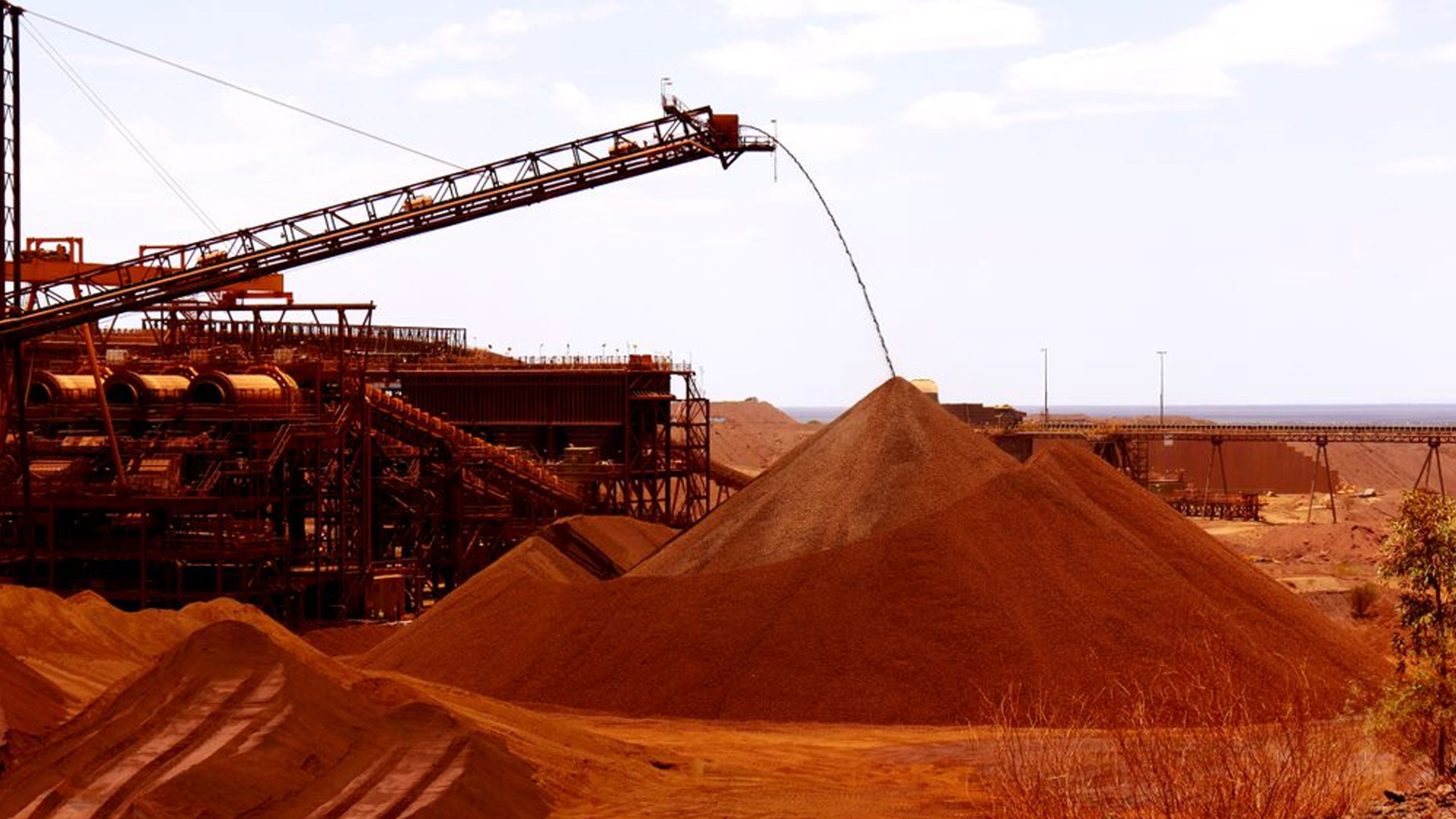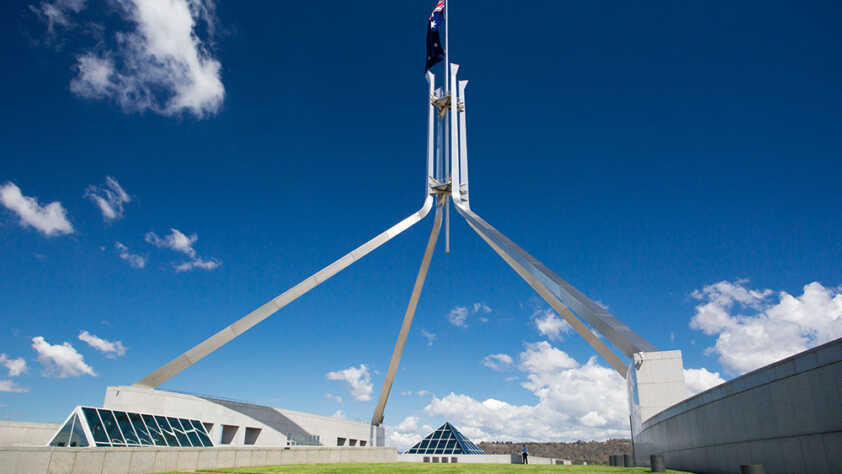A wide-ranging survey of mining and resources companies in WA has provided telling insights into the sector’s readiness for COVID-19, its resilience through the pandemic’s early and ongoing impacts, its preparedness for the future landscape, and the role the resources sector can play along the road to recovery.
These insights are detailed in the CME’s The WA Resources Sector – Navigating through COVID-19 and recovery report, co-developed with EY and released today.
Interviews with 30 senior executives from the Chamber of Minerals and Energy WA (CME) member companies were initially conducted in mid-2020 after the State’s COVID-19 “lockdown” period, with a follow-up survey of 47 companies between September and November 2020 after business had returned to something close to normality.
Results showed 52 per cent of companies reported being either “well prepared” or “very well prepared” to handle the initial disruption caused by COVID-19 but that 98 per cent of companies said they were affected in some way by the pandemic, primarily because of workforce constraints and inbound supply chain interruptions.
While the majority of companies already had measures and programs in place to look after employee mental health and wellbeing, 74 per cent said it was necessary to provide additional support through steps such as building in more fatigue breaks around extended rosters, paying wages to workers in isolation and supporting relocations of interstate employees and in some cases their families.
“Even as someone who ‘lived’ through the situation as it was happening, this report into the impact of COVID-19 on CME member companies makes for extremely interesting reading,” CME Chief Executive Paul Everingham said.
“History will show that through a combination of safety-first culture, attention to detail, resilience, collaboration with each other and with government, and innovation, our sector was able to continue operating safely and effectively through the early stages of the pandemic and beyond.
“But this report is a reminder of the obstacles and challenges that had to be overcome to make that happen.
“I find the insights in it to be quite fascinating: from the companies that already had some semblance of pandemic response plans in place, to those with offices in China who felt that put them ahead of the curve as the pandemic’s impact spread, to those who believe they are now more productive because of COVID-19, and others who innovated out of necessity and manufactured hundreds of litres of hand sanitiser in their laboratories.
“Tellingly, 89 per cent of member companies reported they were now either ‘well prepared’ or ‘very well prepared’ were there to be a second wave of COVID-19 infection in WA.”
Mr Everingham said member company responses to a broad cross-section of questions had highlighted key areas of policy on which the CME would continue to work closely with the WA and Federal Governments, as the focus continued on recovery from COVID-19.
“We already welcomed commitments from all major political parties in the lead-up to the WA Election to keep royalties across our sector at their current levels. The confidence such commitments provide when assessing new investments and job creating opportunities cannot be understated,” Mr Everingham said.
“The responses to this survey have also underscored the need for continued progress on the Government’s streamlining reform agenda, to remove unnecessary duplication, and meaningfully reduce approvals timeframes, while maintaining robust regulatory oversight.
“Although the 135,000 people currently working in our sector is a record, and CME and its member companies are strongly focused on creating jobs and training West Australians, survey responses also underscore the significant labour pressures we are currently facing.
“CME and its member companies will continue to work with government to ensure the mining and resources sector has access to the right people, with the right skills, at the right times to seize current opportunities.”
Who we spoke to:
- Interviews in June and July 2020 were conducted with listed and non-listed companies, both Australian and multinational, covering a variety of commodities on and offshore.
- Interviewees included CEOs, CFOs, Managing Directors and General Managers.
- Surveys from September-November 2020 involved 30 per cent gold operators, 17 per cent iron ore operators, 15 per cent LNG and petroleum-related operators and 43 per cent ‘other’ (including contracting and other metal and mineral products).
- Combining both interviews and surveys, respondents represented companies employing 83 per cent of the sector’s workforce.
- Of CME’s ‘top 30’ producing members, 87 per cent participated in the survey.
What they told us:
“We had an old pandemic plan, however because of the severity of COVID-19, it far exceeded anything we were prepared for.” – contracting company.
“Having an office in China helped us get ahead of the game globally. It helped us understand the impacts of the pandemic early on and provided us with the resources to plan for it matters escalated” – energy company.
“The most disruptive effect of COVID-19 was the travel bans and their impact on the crew, their rosters and the mental fatigue and stress that longer rosters caused families” – contracting company.
“Our younger employees found it difficult working from home due to limited social contact. Extra mental health support was made available, including check-in on the weekends” – iron ore company.
“We are concerned about the potential competition for skilled labour and the long-term effects on our eastern states workforces resulting from the extended hard border closure in Western Australia” – gold producer.
“COVID-19 showed us how to be more productive. We changed the timing of shutdowns from every three months to weekly and will determine if we should continue with this practice or revert back” – contracting company.
“We have deferred non-essential work for cash globally and extended things like maintenance where there is measured risk. This will create a ‘bow wave’ of maintenance costs in the next financial year of up to $50m” – metal company.
“We relocated over 60 employees to WA from interstate, including their families. We are paying for the apartments and everyday meal expenses” – energy company.
“We removed all ‘at risk’ and immune-deficient employees from site (total of 69). However, they continued their full pay and entitlements” – gold company.
“We have an older site which we have made improvements to the village and change rooms to provide better separation” – gold company.
“Streamlining [project] approval processes will lessen the burden on some of the processes and will play a big role in lowering operating costs in the long run” – iron ore company
“There needs to be support in training, particularly for key shortages in the sector, as well as initiatives to attract people to the sector” – contracting company.
“Coming out of COVID-19, we expect there will be a willingness by governments globally as part of their stimulus response to encourage ‘green’ deals. Further, we anticipate electrification of transport in Europe and China. We expect that these factors will improve conditions” – mineral company.
“Once there is a vaccination and economies around the world return there may be a sharp increase in the oil price. Our modelling shows recovery in two years, however, there’s a lot of uncertainty still and will depend on global aviation” – energy company.




